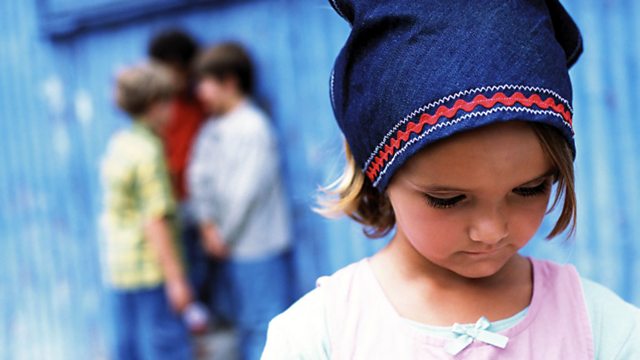Nuremberg Code - Babble Stimulus - Bullying
Dr Raj Persaud considers the Nuremberg Code of 1947, which set international ethical standards about patient care. 60 years on, has the profession strayed from these standards?
60th ANNIVERSARY OF THE NUREMBERG CODE
The Nuremberg Code of 1947 set new international ethical standards about patient care. Sixty years on, has the profession strayed from these standards?
Dr Raj Persaud discussed the issue with Dr Michael Dudley, a psychiatrist at the University of New South Wales in Sydney, who has been reviewing what happened in Nazi Germany and what lessons psychiatry has learned since the Code was first published; and Professor John Gunn, Emeritus Professor of Forensic Psychiatry at the Institute of Psychiatry, whose recent paper, Abuse of Psychiatry, reviews how and where the power of psychiatry has been misused since the war.
SCHIZOPHRENIA AND 'BABBLE STIMULUS'
Schizophrenia is characterised by alarming symptoms such as hearing voices or believing bizarre delusions, and it remains one of the most mysterious conditions in psychiatry. Spotting the onset of the disorder as early as possible could be vital to assisting patient and doctor.
Fascinating new research from the United States, just published in the British Journal of Psychiatry, uses a “babble stimulus”, and could predict who is going to develop schizophrenia in the future. The stimulus is created by piling different layers of speech on top of each other and digitally mixing so that it’s basically impossible to identify individual words. This “babble” was then played to groups of people judged to be at “high risk” of developing the disorder.
Dr Raj Persaud spoke to Ralph Hoffman, Professor of Psychiatry at Yale University of Medicine, who led the research.
BULLYING
Historically, when psychologists and psychiatrists have investigated why bullying happens, be it bullying at school or in the workplace, they have tended to concentrate on the potential psychological differences between those who bully and their victims.
New research into childhood prejudice suggests that loyalty and disloyalty play a more important role than previously thought in how children treat members of their own and other groups. Funded by the Economic and Social Research Council (ESRC), a study into the 'black sheep effect', shows that children treat disloyalty in their own group more harshly than disloyalty within different groups.
Dr Raj Persaud talked to Dominic Abrams Professor of Social Psychology at the University of Kent about the research, involving more than 800 children.
Last on
Broadcasts
- Tue 27 Nov 2007 21:00����ý Radio 4
- Wed 28 Nov 2007 16:30����ý Radio 4
Podcast
-
![]()
All in the Mind
The show with the latest evidence on psychology, mental health and neuroscience.



